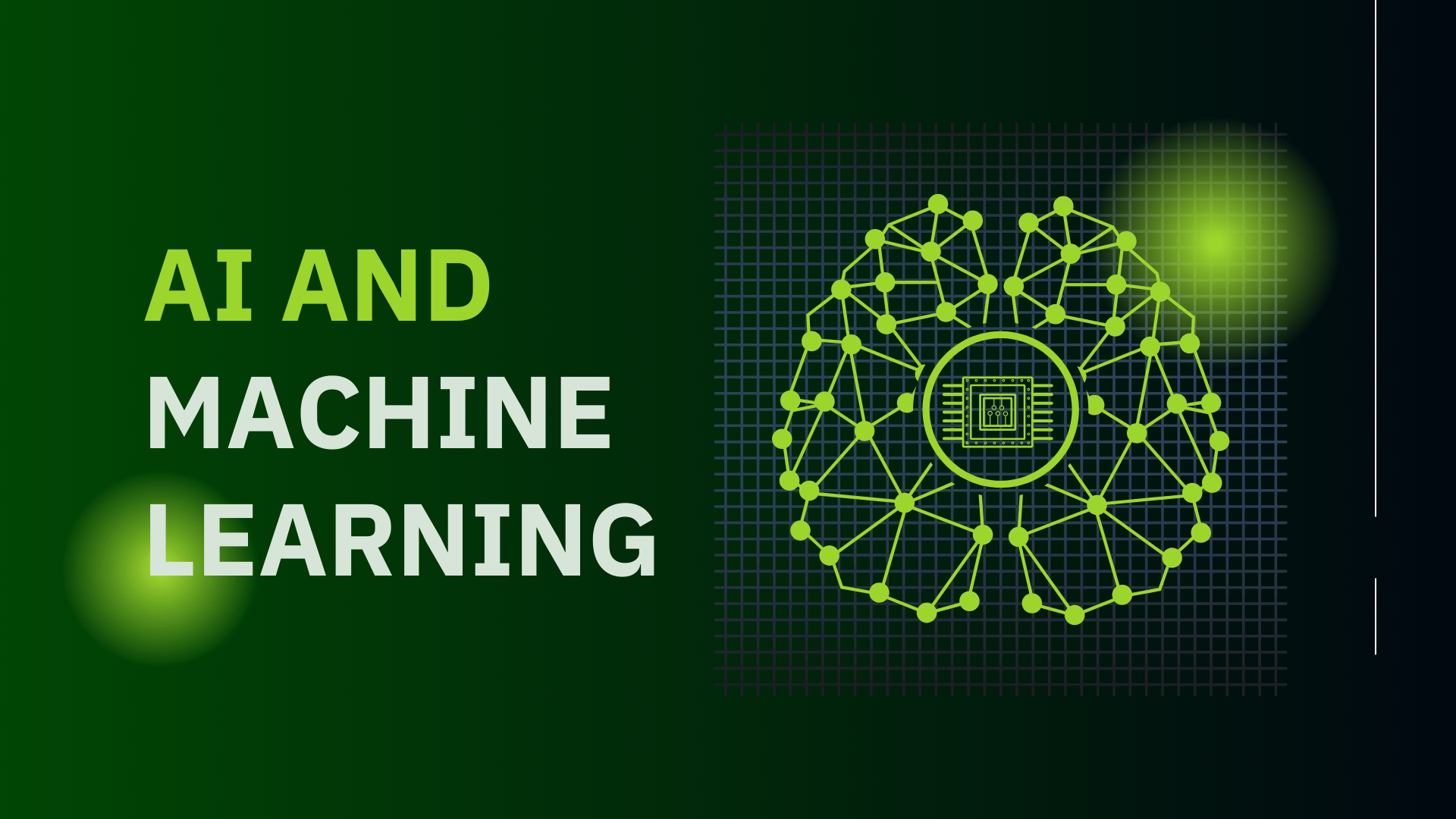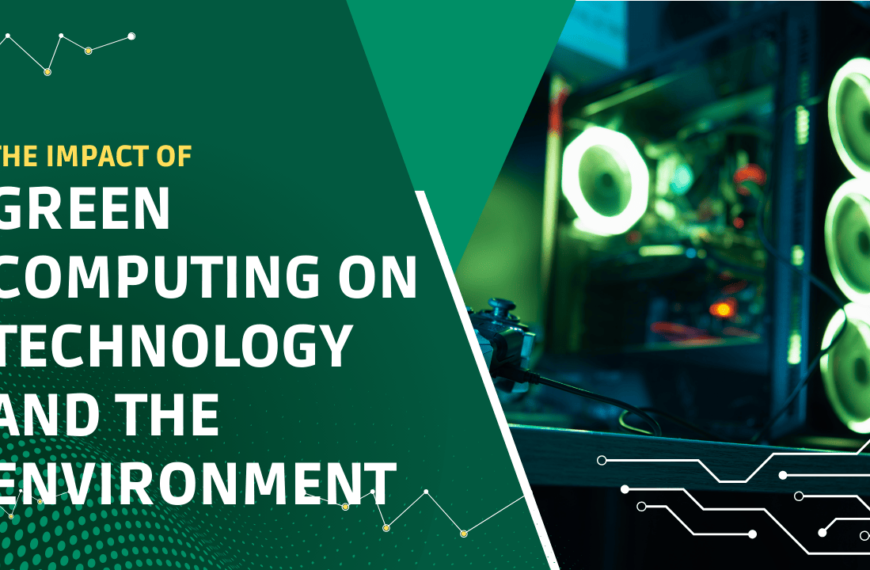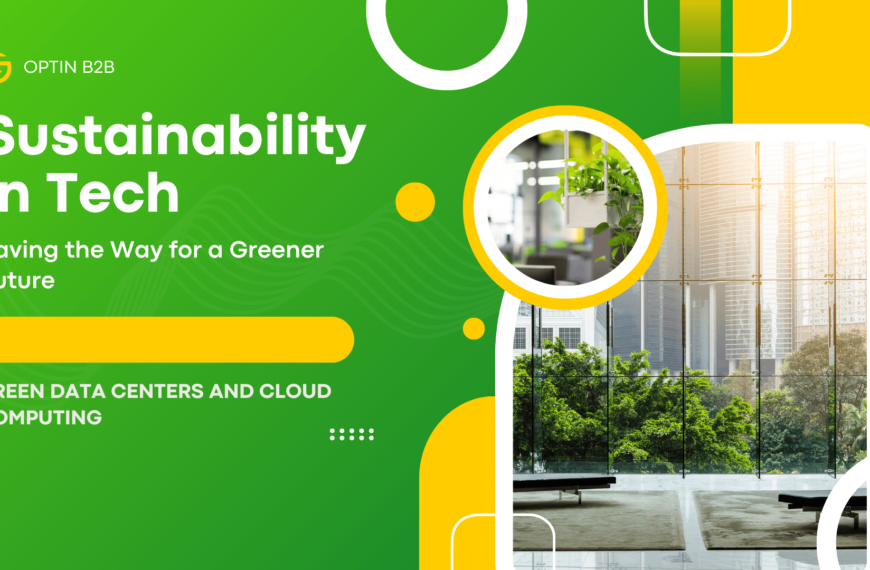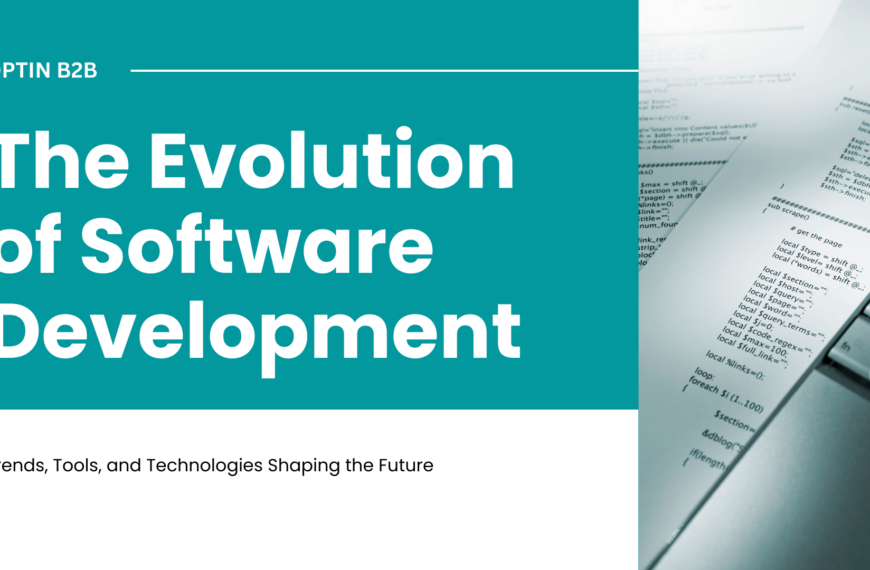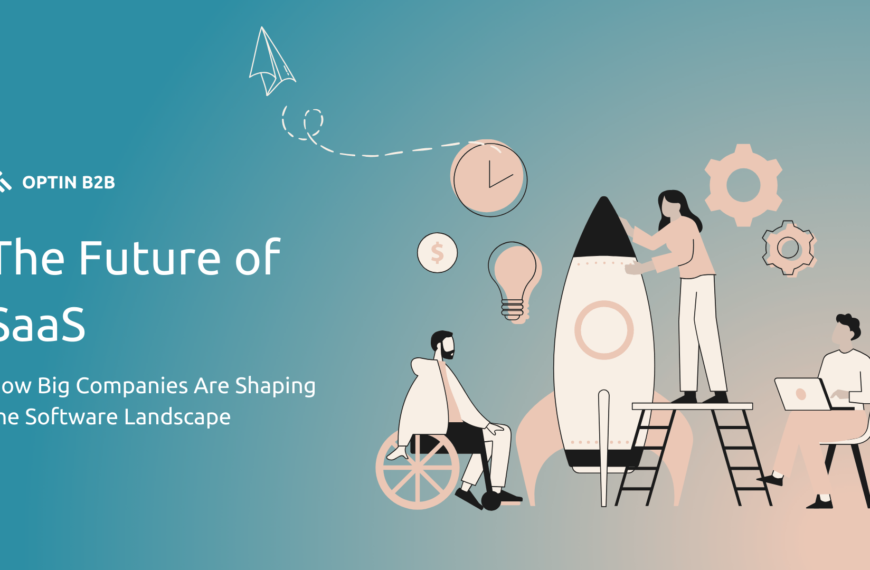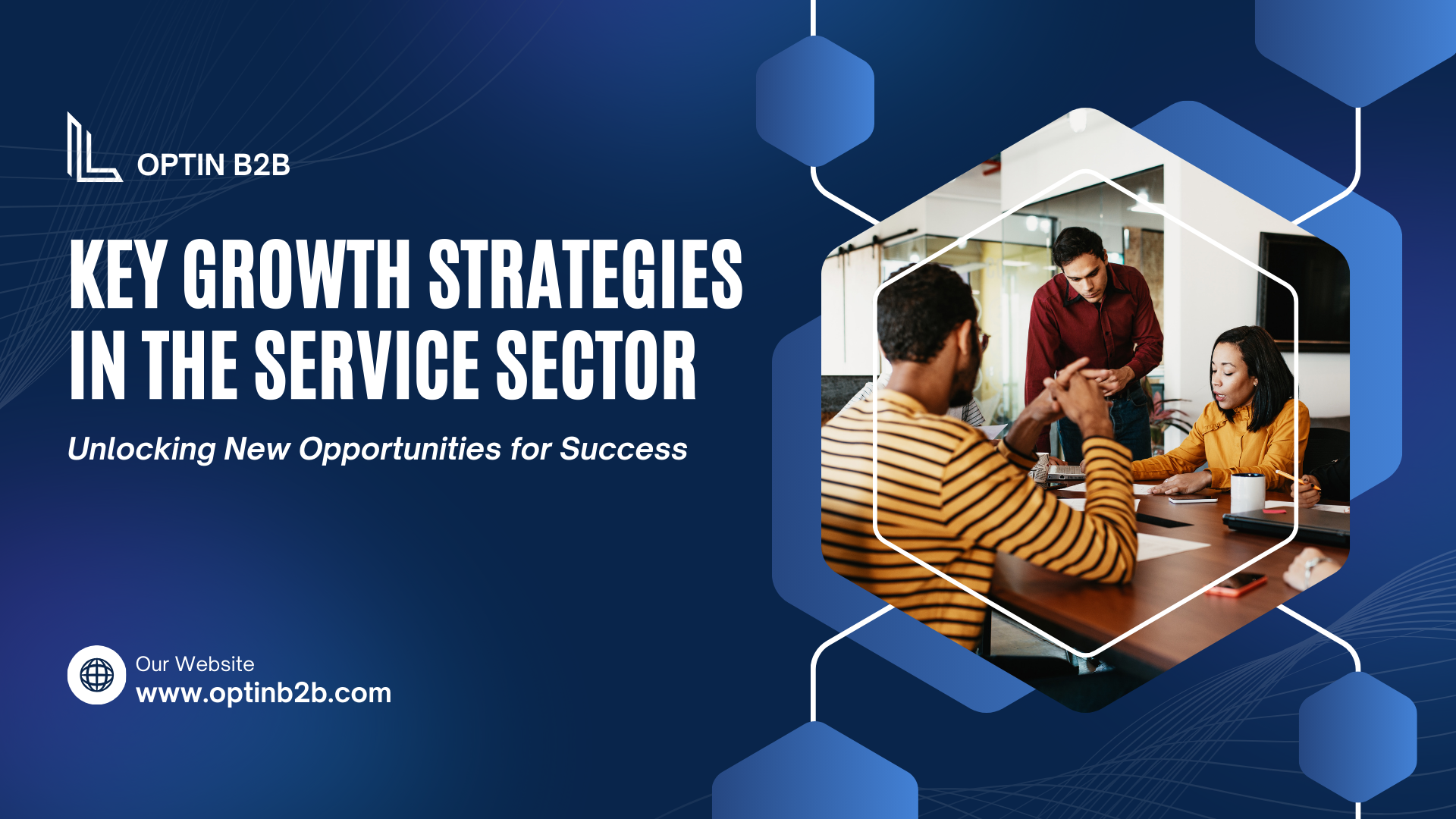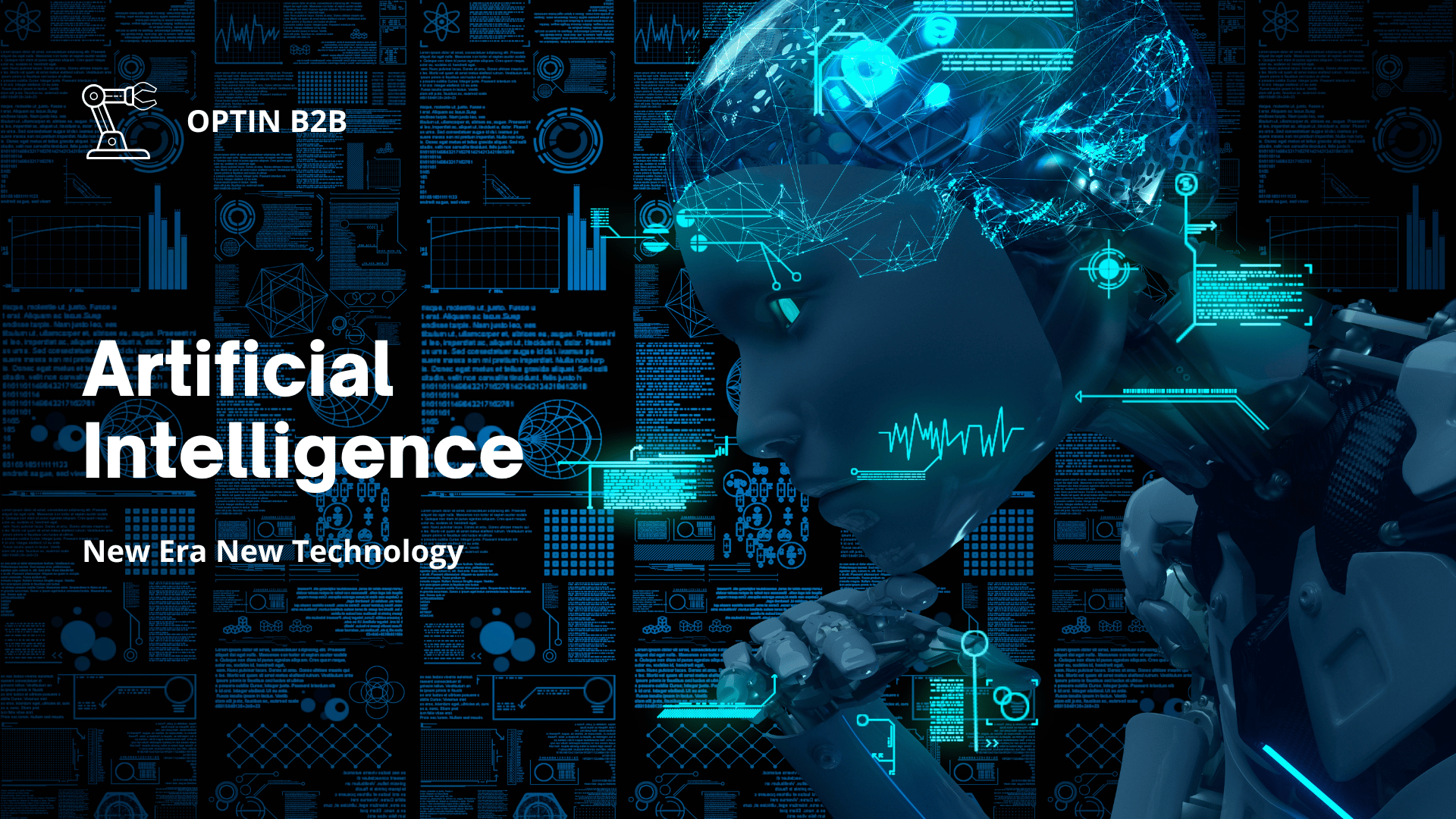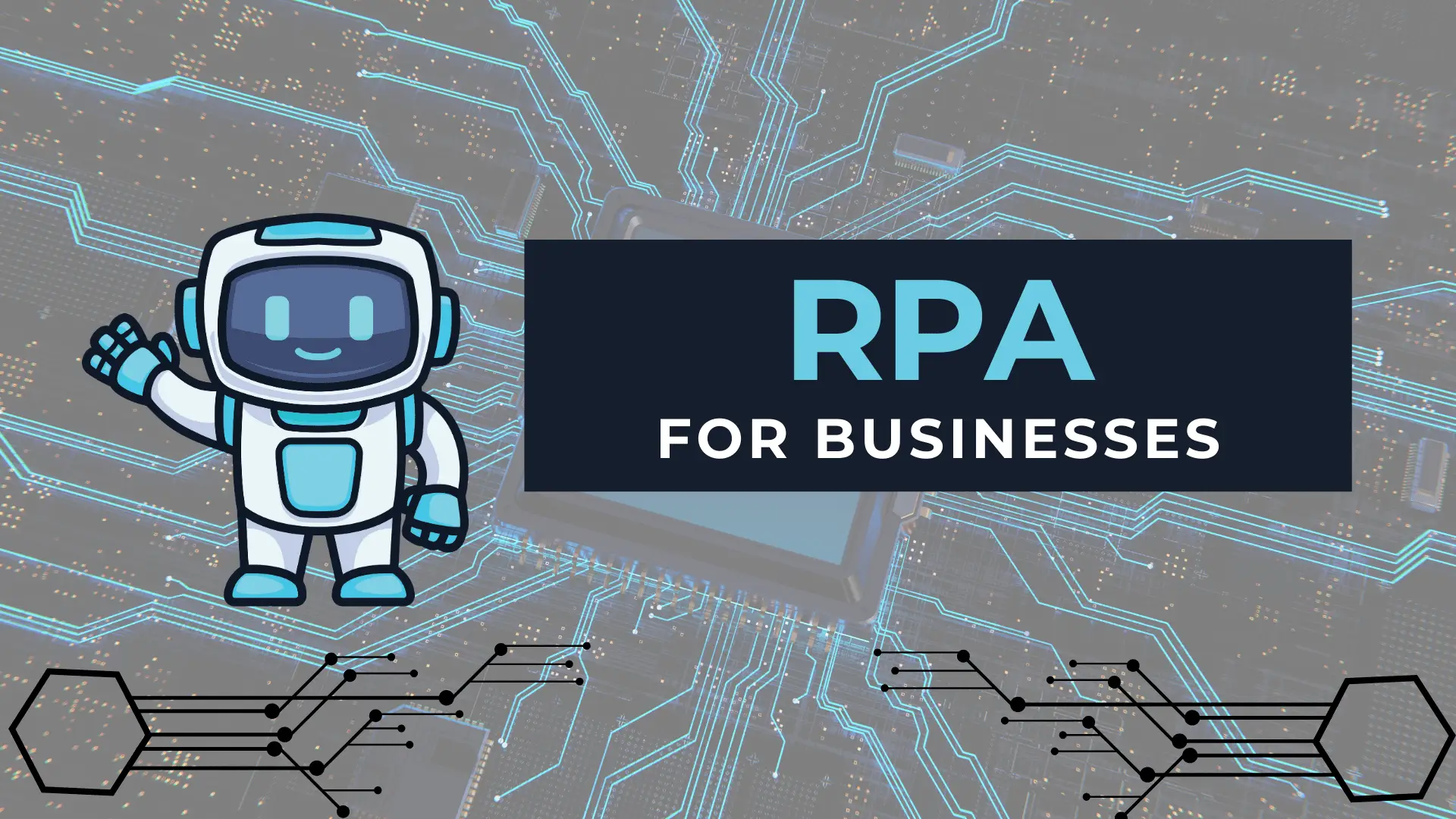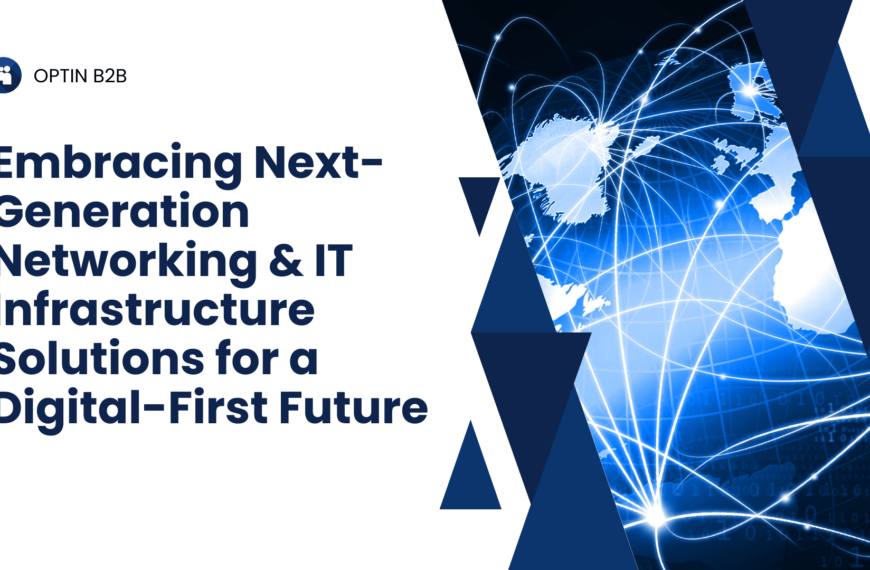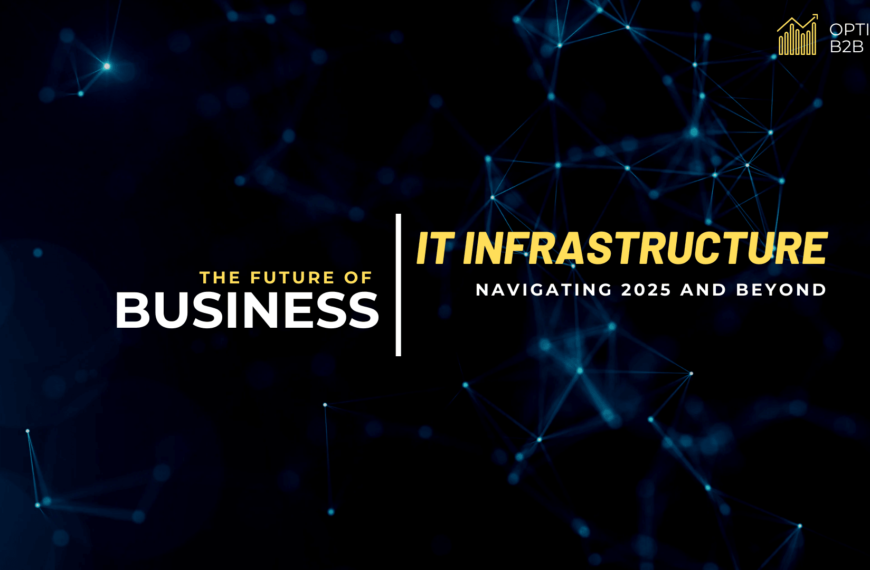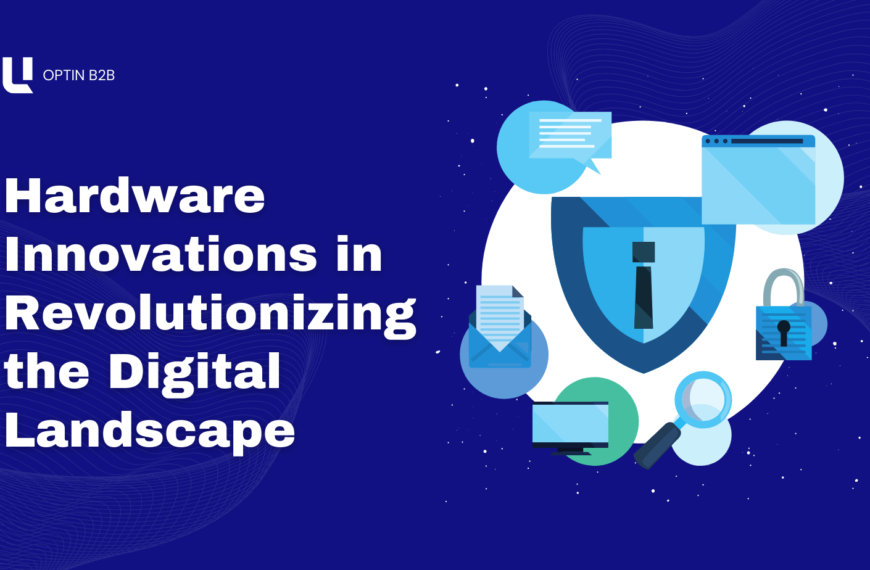Artificial Intelligence (AI) and Machine Learning (ML) are no longer just buzzwords—they are the driving forces behind transformative change in nearly every industry. From predictive analytics to autonomous systems, these technologies are enabling businesses to optimize processes, enhance decision-making, and improve customer experiences. As we approach 2025, the adoption of AI and ML continues to accelerate, shaping the future of industries in profound ways.
One of the most significant trends is the integration of AI in customer service. Companies like IBM and Salesforce are leading the charge with AI-powered chatbots and virtual assistants that provide 24/7 support. These tools not only improve efficiency but also enhance personalization, enabling businesses to deliver tailored experiences to their customers. The development of Natural Language Processing (NLP) models ensures more human-like interactions, which is crucial for building trust and loyalty.
In the healthcare sector, AI and ML are revolutionizing diagnosis and treatment. Google Health and DeepMind are at the forefront, leveraging machine learning to analyze medical images and predict patient outcomes with unparalleled accuracy. These innovations are helping medical professionals make faster, more informed decisions, ultimately saving lives. The trend of using AI for drug discovery, as seen in the work of Insilico Medicine, is another area poised for massive growth, drastically reducing the time and cost associated with developing new therapies.
The retail and e-commerce industries are also experiencing a significant AI-driven transformation. Platforms like Amazon and Alibaba utilize machine learning algorithms to predict consumer preferences, optimize inventory, and enhance supply chain efficiency. These capabilities are further amplified by the use of AI in pricing strategies, ensuring that businesses remain competitive while maximizing profits. AI-driven visual search tools, such as those developed by Pinterest, are also changing how customers discover and purchase products online.
Autonomous systems, particularly in logistics and manufacturing, are another key trend. Companies like Tesla and Siemens are investing heavily in AI-powered robotics and automation. These advancements are not only increasing productivity but also ensuring greater safety in the workplace. AI-driven predictive maintenance is reducing downtime in factories, making operations more efficient and cost-effective.
As businesses continue to embrace AI and ML, ethical considerations are becoming increasingly important. Transparency, bias mitigation, and data privacy are critical factors that organizations must address to maintain public trust. The future of AI and ML will depend on how companies navigate these challenges while continuing to innovate.
In conclusion, AI and Machine Learning are set to redefine the business landscape in 2025. By leveraging these technologies, companies can unlock new levels of efficiency, innovation, and customer satisfaction. However, the journey requires a commitment to ethical practices and a willingness to adapt to the rapidly evolving technological landscape. For businesses that embrace these changes, the rewards will be immense, offering a competitive edge in an increasingly digital world.

